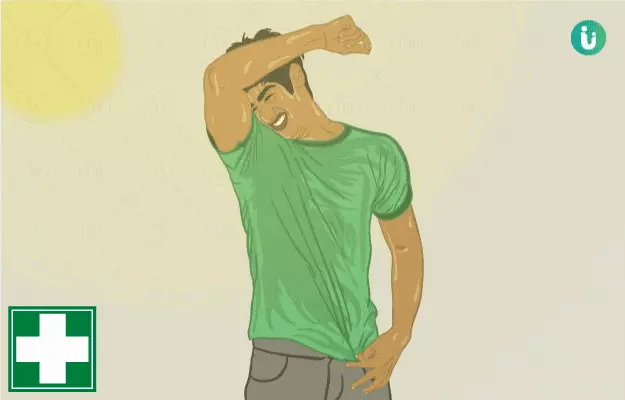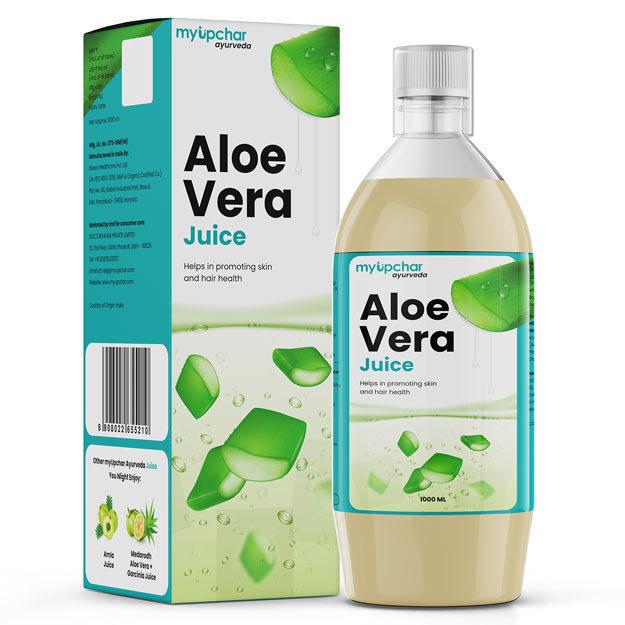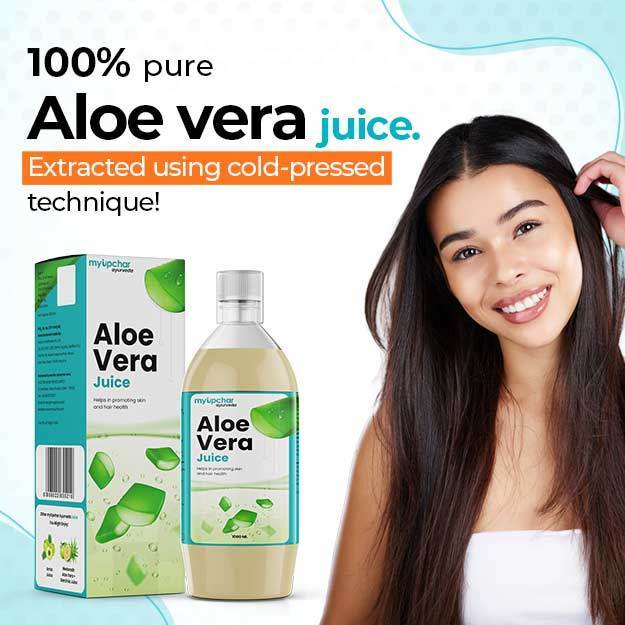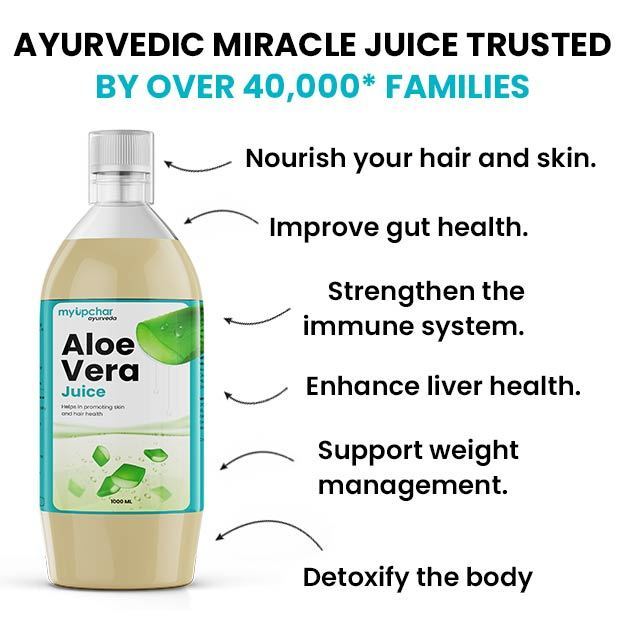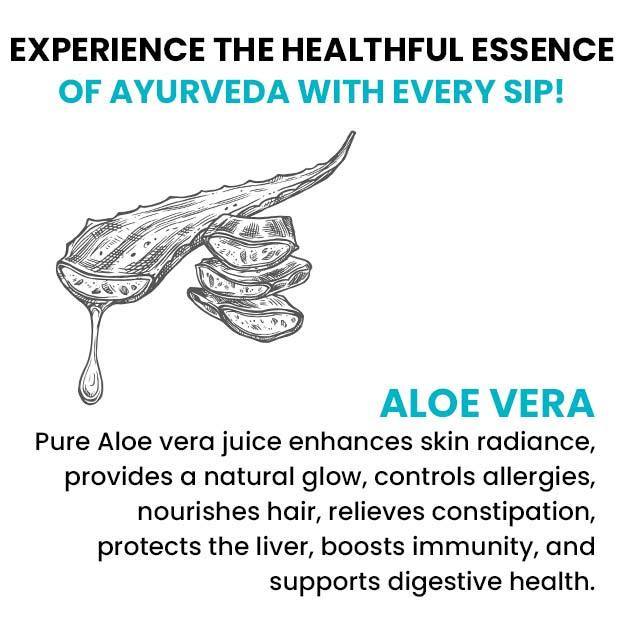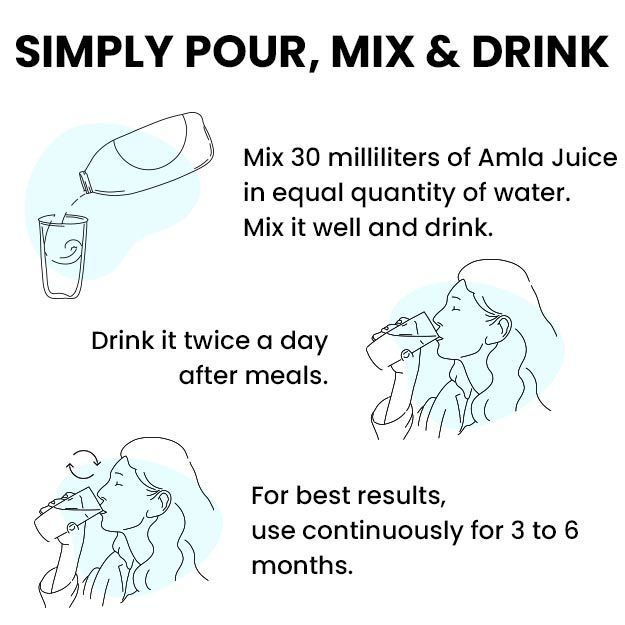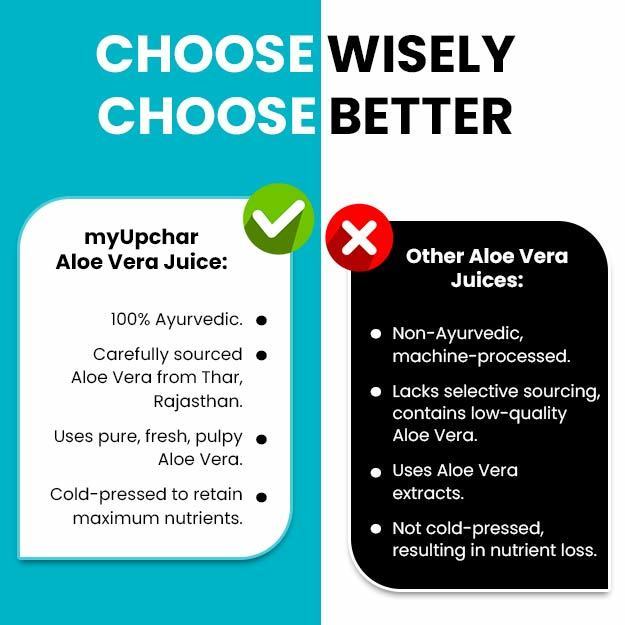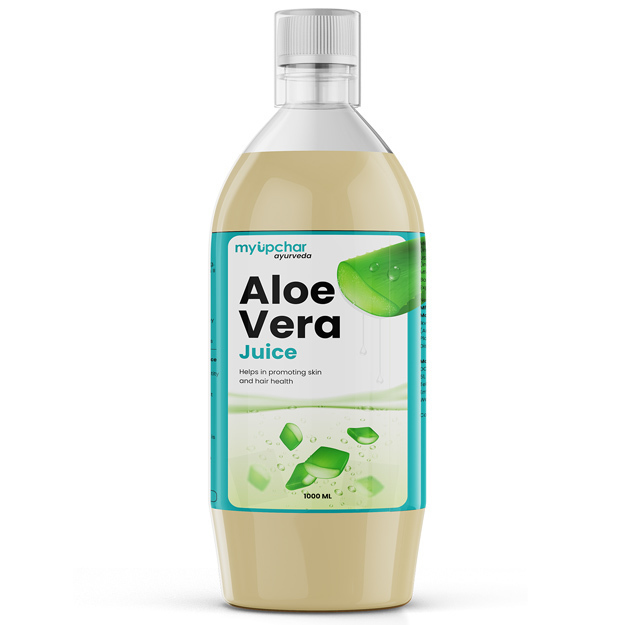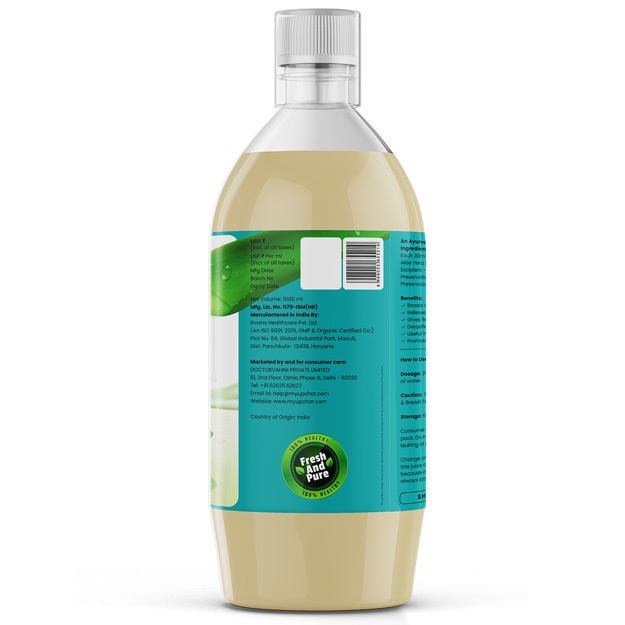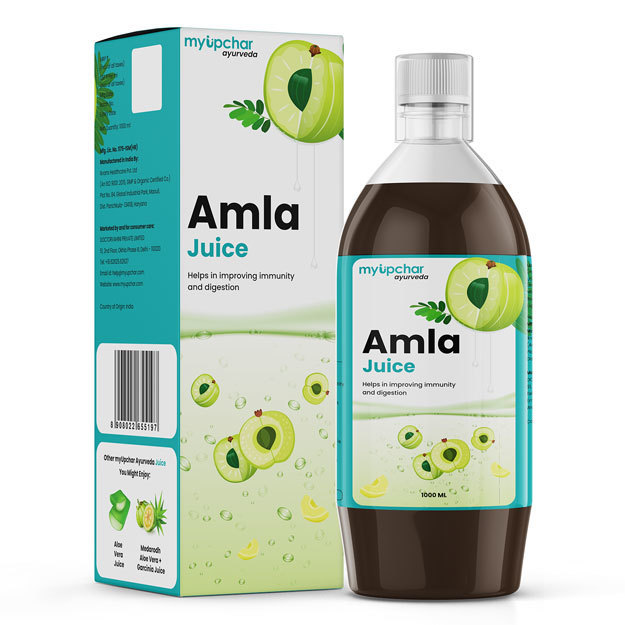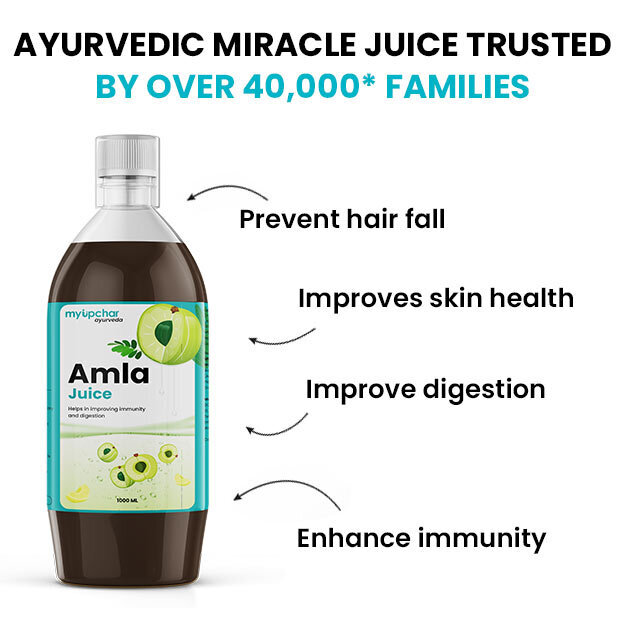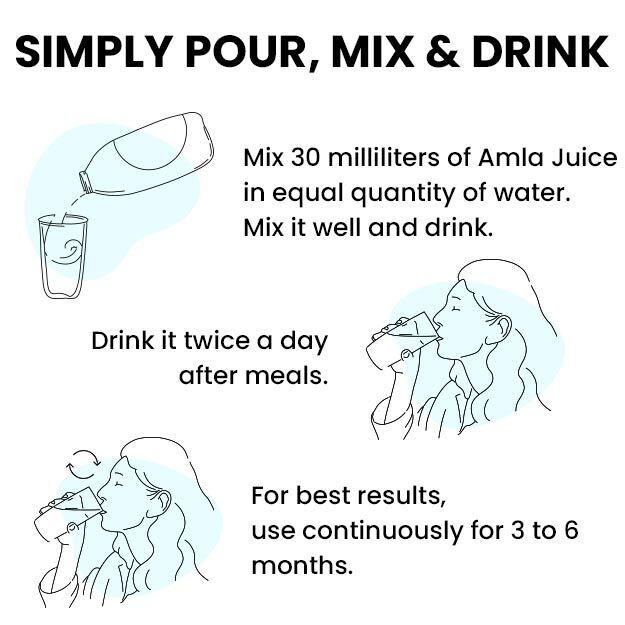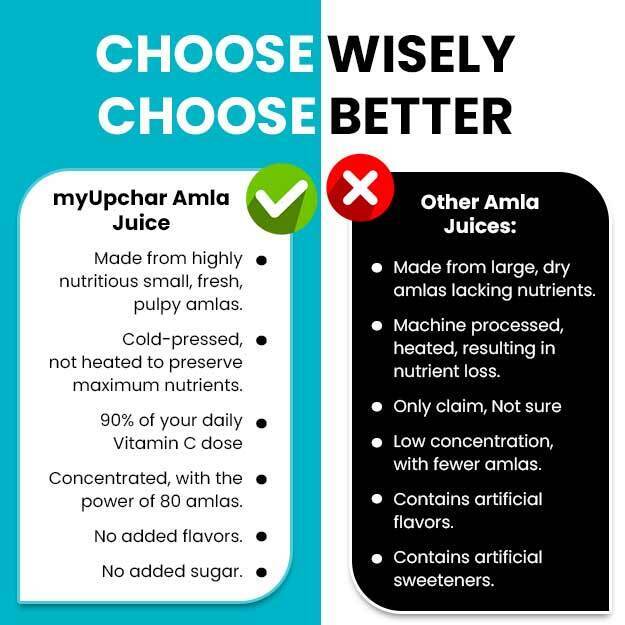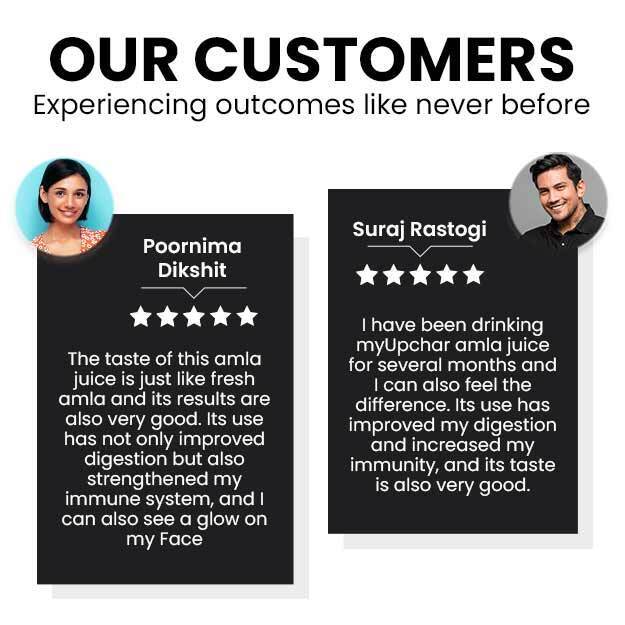Heatstroke is a problem that occurs when the body temperature becomes too high. Mostly this problem occurs due to physical exertion in high temperature or staying in hot temperature for a long time. This is the most dangerous problem among the problems caused by heat. If your body temperature reaches 104 degrees Fahrenheit (40 degrees Celsius), then you may have this problem. When you get heatstroke, your body temperature starts increasing rapidly and does not decrease. Along with heatstroke, there is also a problem of dehydration in the body.
(Read more - Summer Diseases, Symptoms And Ways To Avoid Them)
Heatstroke requires immediate medical attention. If medical treatment is not taken, this problem can be fatal and your brain, heart, kidneys and muscles can be seriously damaged.
(Read more - Heat Cramps: symptoms, causes, treatment)
While waiting for medical help, you can take some first aid measures for it. This article explains how heat stroke is detected, whether heat stroke is a serious problem and what to do and what not to do in case of heat stroke.

